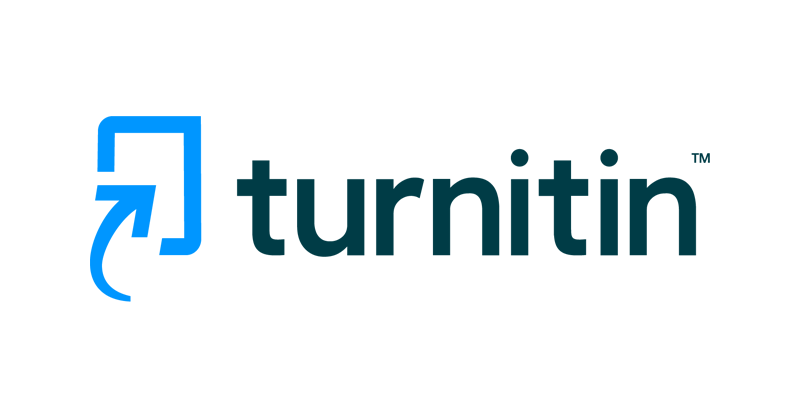Application of The Discovery Learning Model with Process Differentiation to Improve Junior High School Students' Mathematics Learning Outcomes
DOI:
https://doi.org/10.31943/mathline.v9i4.632Keywords:
Discovery Learning, Process Differentiation, Mathematics Learning OutcomesAbstract
The aim of this research was to improve mathematics learning outcomes of class VIII A students at SMPN 14 Denpasar through the application of discovery learning with process differentiation. This type of research was classroom action research with two cycles. The research subjects were 42 students. Student’s mathematics learning outcomes data were obtained using mathematics learning outcomes tests. The collected data was analysed descriptively. The results showed that the percentage of students with mathematics learning outcomes in the complete category increased in each cycle. The success criteria were that the average student mathematics learning outcome score in each cycle increased, where the average student mathematics learning outcome was at least 80 and student’s classical learning completeness was at least 75%. Subsequently, the improvement results from each cycle could be said optimal. It could be conluded that the application of the discovery learning model with process differentiation could improve junior high school students' mathematics learning outcomes.
Downloads
Downloads
Published
How to Cite
Issue
Section
License
Copyright (c) 2024 I Wayan Rizki Lucky Pratama, I Wayan Widana, I Made Sudiarta

This work is licensed under a Creative Commons Attribution-ShareAlike 4.0 International License.














